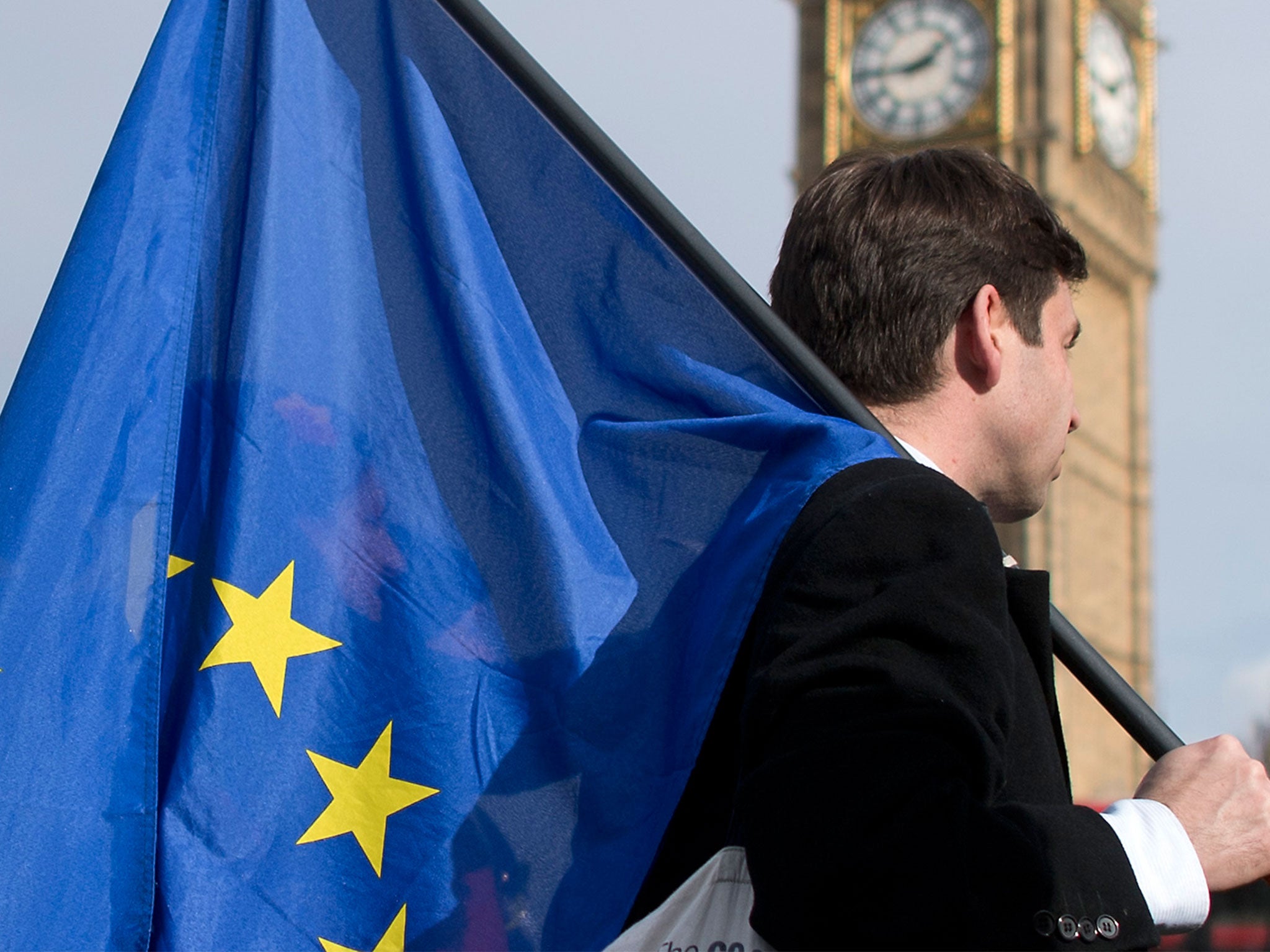The British economy was the big winner of last night’s election – now there will be no cliff-edge Brexit
Whatever happens, there is no mandate in the country for a cliff-edge Brexit. A sensible deal will have to be done with the EU


The “dementia tax”. The energy price cap. Rail, water and Royal Mail renationalisation. Income tax hikes. Minimum wage increases. Forget them. Or at least park them. Park them well at the back of your mind because they are not relevant.
Yes, those were the economic issues that dominated the election campaign. But the dominant, overwhelming, historically important economic challenge facing Britain was shamefully and scandalously sidelined by both the political parties and most of the media: Brexit.
How will a hung parliament, a fatally hobbled Theresa May, a probable fragile Tory-DUP coalition or a Corbyn-led Labour Party with unexpected momentum impact on the living standards of families across Britain? How will it affect businesses, big and small? What does this general election result mean economically?
Don’t think about anything you were served up in the campaign. Think about Brexit.
The single most dangerous pledge in any of the manifestos of any of the political parties was the line on page 36 of the Tory document. “No deal is better than a bad deal for the UK”. This implied that the Conservatives were willing to drive the country over an economic cliff-edge in 2019.
This was a disgraceful reckless threat to force Britain out the EU with no trade or regulatory or customs agreement with the economic bloc into which we have spent 44 years surgically grafting ourselves. This was like a Siamese twin declaring themselves ready to rip themselves forcibly from their sibling, despite sharing vital organs.
Credible independent estimates suggest such an act would knock off between 2.6 per cent and 5.5 per cent off UK GDP within a year, or between £50bn and £110bn. In all likelihood it would send us into a major recession, further hammer the value of the pound, throw businesses into chaos and cause mass job losses.
The expectation until 10pm last night was that the British people would give the Conservatives a reasonably healthy parliamentary majority. That would have enabled Theresa May, her Europhobic backbenchers and, crucially, her right-wing tabloid backers, to claim that the “no deal” stance with the EU was, like Brexit, the inviolable “will of the people”.
But no longer. There is no parliamentary majority for Theresa May’s “no deal” manifesto. The Labour manifesto explicitly rules it out. The Liberal Democrats, the SNP and the Greens certainly don’t want one. Even the DUP manifesto does not mention the “no deal” scenario, while stressing the need for a deal over the Irish land border. Whatever happens, there is no mandate in the country for a cliff-edge Brexit. A sensible deal will have to be done with the EU.
The greatest near-term threat facing the UK economy has been lifted. The field has suddenly opened up for a transitional deal for commerce to continue uninterrupted after 2019 while a proper trade and customs deal is hammered out, even if this means continued oversight of the European Court of Justice and continued freedom of movement for a period. There is even talk in some Tory quarters of Britain remaining in the single market after leaving the EU in the style of Norway. We shall see - perhaps even a hard Brexit can be averted.
But before that? The conventional wisdom among political pundits has been that a hung parliament spells market panic and economic chaos. But that’s another fallacy (among the many that have been exposed), borne of the parochialism of the Westminster bubble.
Continental Europe – where coalitions are the norm after every election – demonstrates this. And the experience of the UK in 2010 shows our own political system can handle it too. As does the really rather muted reaction of financial markets this morning (certainly relative to the tumult in the wake of the Brexit vote). It’s always perilous to read thought into currency moves, but it seems probable that sterling is being supported by the receding risk of a cliff-edge Brexit.
Thanks to the removal of the serious risk of an act of catastrophic self-harm, the British economy was among the biggest winners from last night’s shock result.

Join our commenting forum
Join thought-provoking conversations, follow other Independent readers and see their replies